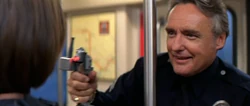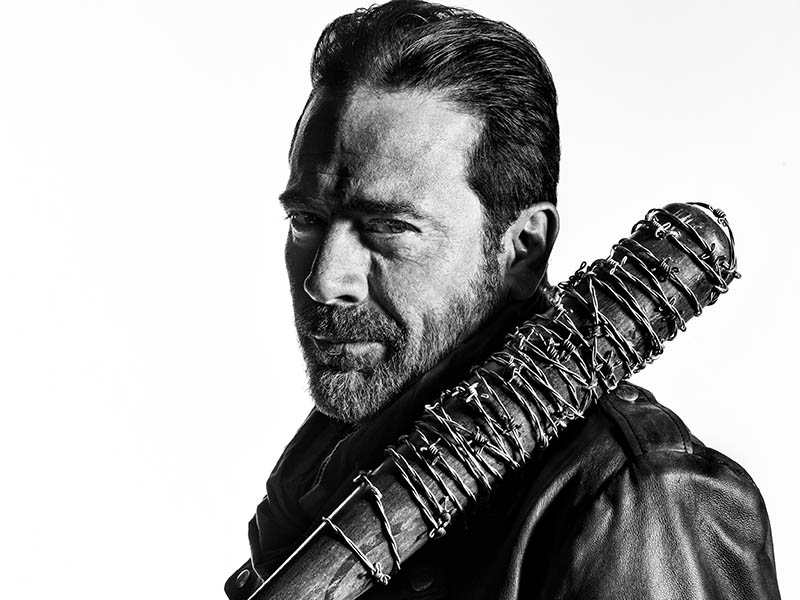The Bodyguard, 1992.
d. Mick Jackson
Starring: Whitney Houston, Kevin Costner
ANNA: I think everyone I've ever spoken to about this film hated it, but I actually have never minded it. I love Whitney Houston and think she was great in this opposite one of the more bland and DOLTISH (yet skilled) roles from Costner. Houston's music is as always, perfect, and I love the little nods to classic cinema (Metropolis, Rashomon) that I'm confident 100% of viewers miss when they shrug this off as a chick flick. I have a great time every time I watch.
 MATT: I liked the line when Costner was totally kicking that guy's ass in the kitchen. After he does the ass kicking in a few various creative ways he says, "I don't want to talk about this again." I also liked Whitney's slutty lines and her whoring around Costner. That was awesome. Other than that, the movie is really, really, really, really, really, bad. (Due to disrespectful language and other sentiments, continuance of this paragraph has been censored by Anna).
MATT: I liked the line when Costner was totally kicking that guy's ass in the kitchen. After he does the ass kicking in a few various creative ways he says, "I don't want to talk about this again." I also liked Whitney's slutty lines and her whoring around Costner. That was awesome. Other than that, the movie is really, really, really, really, really, bad. (Due to disrespectful language and other sentiments, continuance of this paragraph has been censored by Anna).Miami Vice, 2006.
d. Michael Mann
Starring: Colin Farrell, Jamie Foxx
ANNA: Apparently Colin Farrell wrapped his scenes on this film and drove himself directly to a rehab facility. This is more interesting than anything that actually happens within the narrative of this film, and yet even stoned or drunk or whatever he was, the result was RIDICULOUS. His walk bothers me. Every line of dialogue uttered (by anyone, not just Farrell, although his lines are definitely the worst) bothers me. The fact that Michael Mann, the director of Heat, put this lemon out into circulation bothers me. The only good thing about this film was the tiny interlude when they were flying jets to something that remotely resembled the original Miami Vice theme, but thinking about it now makes me angry that they didn't just use the real music and insisted on screwing everything up.
 MATT: Miami Vice and kicking ass should always be used in the same sentence. Farrell's stache makes porn stars jealous. Jamie Fox is turnin' up the heat with Calypso. Farrell's love interests could have definitely been focused towards someone better, but they're driving vehicles, they're flying planes, they're playing with drug dealers and working undercover. Kickin' ass with the over the top shots, bad dialog and guns. Good stuff.
MATT: Miami Vice and kicking ass should always be used in the same sentence. Farrell's stache makes porn stars jealous. Jamie Fox is turnin' up the heat with Calypso. Farrell's love interests could have definitely been focused towards someone better, but they're driving vehicles, they're flying planes, they're playing with drug dealers and working undercover. Kickin' ass with the over the top shots, bad dialog and guns. Good stuff. ANNA: I agree that the stache on Farrell was pretty legendary, along with that outlandish haircut, I liked Mance Raydar (Clarin Hinds) as the FBI guy, and overall, most of the music was good. It's still a giant waste of time and I feel dumber from having watched it. I say if you want a decent story set in Miami, watch Dexter (1st-3rd seasons only). I can't even include a clip from the film in good faith because I really don't want to ruin your day.









































































